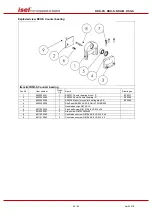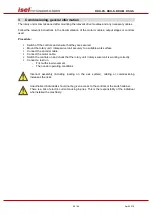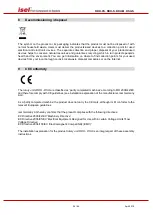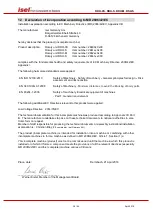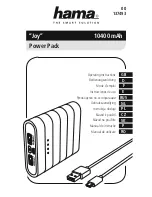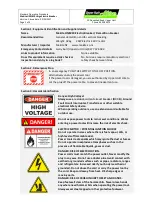
RDH-XS, RDH-S, RDH-M, DSH-S
29 / 44
April 2019
4
Assembly of the rotary unit
Before you can assemble your new rotary unit, you must remove any securing devices used in transport.
4.1
Mounting and adjustment instructions
You have several options for mounting the components individually:
A: Alignmentsurface
B: Free-stationary
C: Rack mounting
A) Alignment surface
The rotary units RDH / RSH have a stop face on the connector side of the casing with a clearly defined
distance from the axis of rotary. (Distances are given in the respective dimensioned drawings).
In addition, the rotary units have two plane installation surfaces parallel to the axis of rotary, which allows
the rotary unit to be used as a rotary axis as well as a rotary indexing table.
B) Free-stationary rotary unit
You can place the rotary unit on a rack, a work table or any other suitable, i.e. sturdy base.
Choose the location carefully so that the product cannot fall or be knocked over by
any impact or tug on the cables.
C) Rack mounting (recommended)
Use the depression in the base body of the rotary unit to mount the rotary unit on your rack. Use appro-
priate Pan head screws and the matching T-nuts / threaded rails (accessories) to secure it.
Make sure the mounting surfaces are sufficiently clean.
The base bodies used in the rotary units are castings which can deviate in terms of their tolerance as a
result of the manufacturing process.
The surface areas of these base bodies are plane-milled to achieve a high degree of precision.
However, to achieve the desired guide accuracies and running performance, the rotary unit must either
be laid out over an appropriately flat surface or arranged over levelling plates. This achieves round tol-
erances or axial run-out tolerances of maximum 0.03 mm in the Transmission flange.
Make sure the fixing surfaces are sufficiently clean and sufficiently level.








